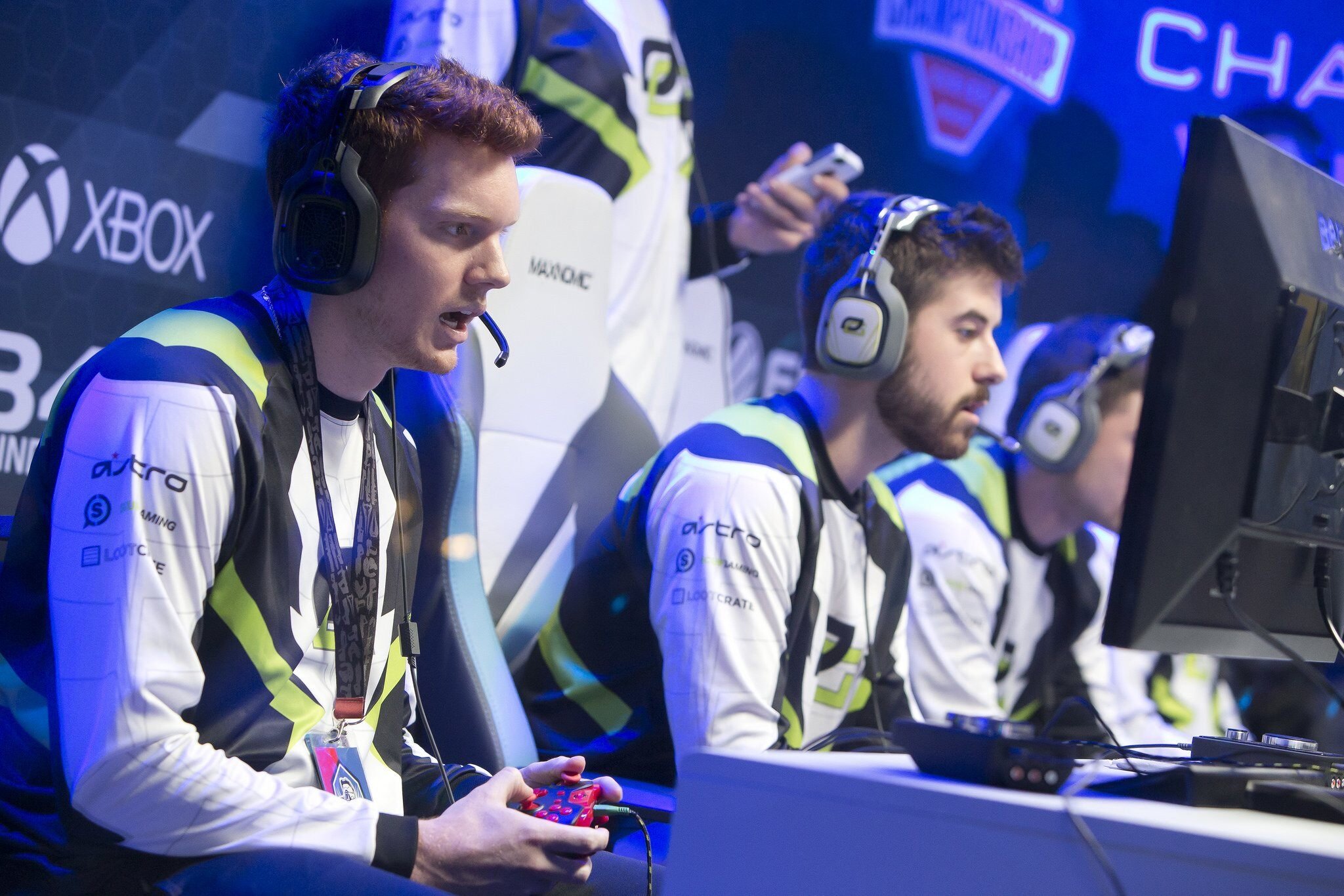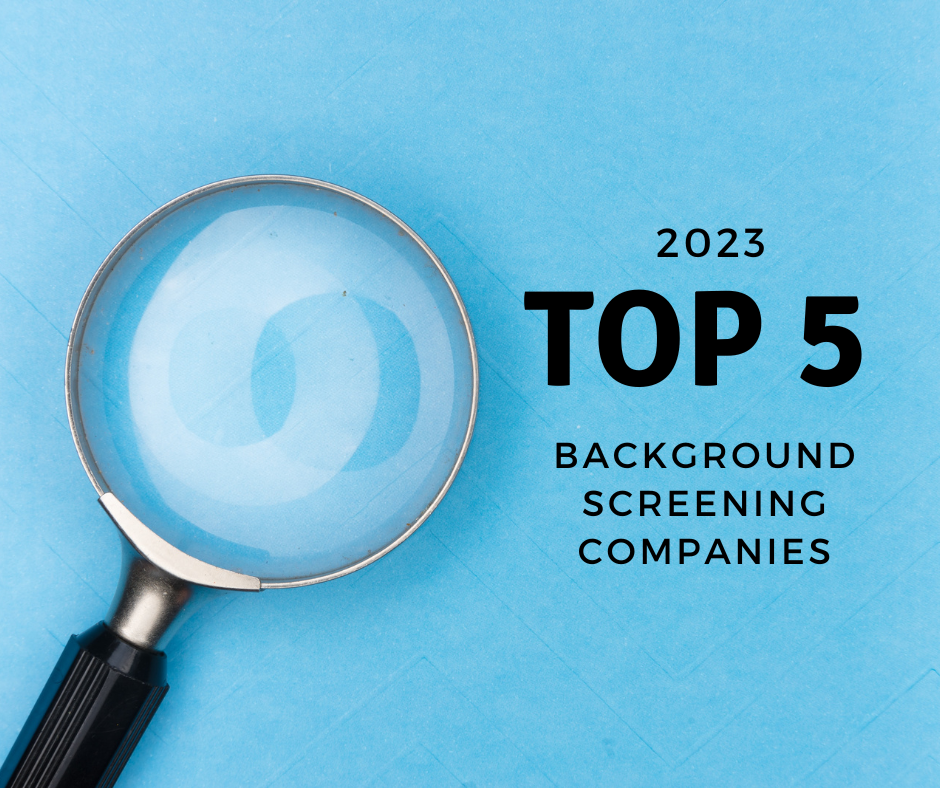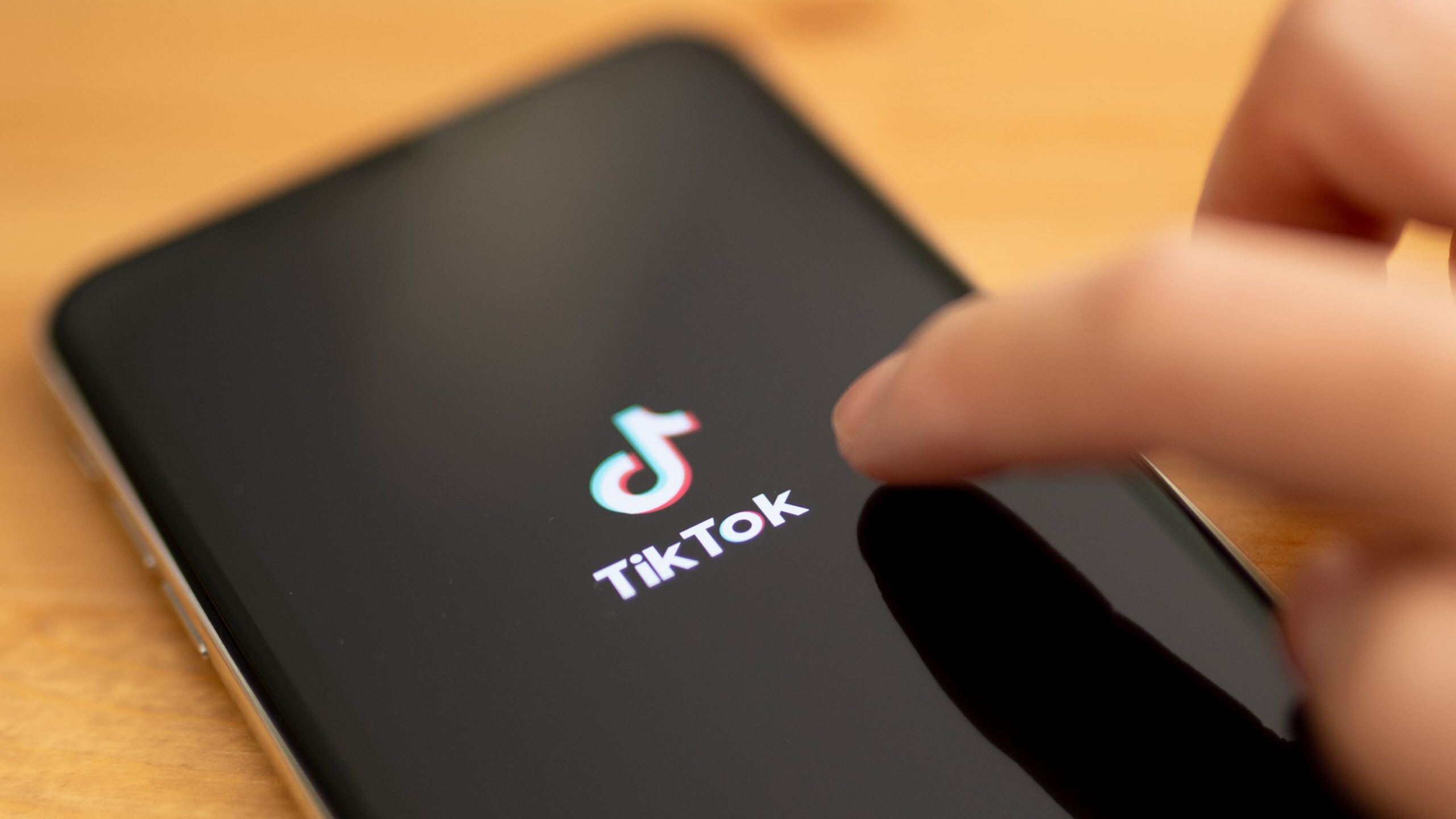The esports industry has grown from a niche gaming scene into a multi-billion-dollar global phenomenon. With major tournaments, sponsorships, and professional teams gaining mainstream recognition, the stakes have never been higher. However, with this rapid expansion comes a critical need for structure, integrity, and security—especially when it comes to the individuals involved in the industry. This is where background checks play an essential role.
The Need for Background Checks in Esports
Unlike traditional sports, esports operate in a relatively young and digital-first environment. Many organizations have yet to establish stringent vetting processes, leaving gaps that could lead to scandals, financial fraud, or unethical behavior. Implementing background checks in esports is crucial for several reasons:
- Ensuring Player Integrity
Esports players are not just competitors; they are influencers and public figures. A thorough vetting process helps prevent individuals with a history of cheating, match-fixing, or other unethical behaviors from joining professional teams. Organizations can safeguard their reputations by ensuring players uphold fair play and sportsmanship.
- Protecting Organizations from Financial and Legal Risks
Esports teams, tournament organizers, and gaming companies invest millions into contracts, sponsorships, and prize pools. Hiring a player, coach, or staff member with a history of fraud, theft, or legal troubles can put these investments at risk. A background check can identify red flags before they become costly mistakes.
- Creating a Safer Environment for Minors
Many esports' players and fans are under the age of 18. Background checks are essential for vetting coaches, managers, and content creators who interact with young players. Ensuring these individuals have a clean record, particularly when it comes to criminal behavior, helps maintain a safe and professional environment.
- Preventing Toxicity and Harassment
Esports has faced challenges with harassment, discrimination, and toxic behavior within teams and organizations. Background checks that include a review of past online conduct, including social media activity, can help organizations identify individuals with a history of misconduct. This proactive approach contributes to a more inclusive and welcoming community.
- Enhancing Competitive Integrity
Match-fixing and illegal betting scandals have rocked esports in the past. Organizations that conduct background checks on players and staff can better prevent individuals with ties to gambling or past infractions from engaging in activities that compromise the integrity of the competition.
Challenges of Implementing Background Checks in Esports
Despite the benefits, esports faces some challenges when it comes to adopting background checks:
- Lack of Industry Standards – Unlike traditional sports leagues, esports lacks a unified governing body to enforce background check requirements across all teams and tournaments.
- Privacy Concerns – Background checks must balance protecting organizations with respecting individuals’ privacy, especially in regions with strict data protection laws.
- Global Player Base – Esports teams recruit players from around the world, making background checks more complex due to different legal systems and access to records.
The Future of Background Checks in Esports
As esports continues to professionalize, expect background checks to become standard practice. Organizations that prioritize due diligence will not only protect their investments but also contribute to a safer and more respected industry. Companies specializing in esports compliance may emerge, offering tailored background check services that account for the industry's unique challenges.
Ultimately, background checks are more than just a security measure—they are a step toward legitimizing esports as a professional and ethical industry. By implementing these measures, the esports community can ensure a fair, safe, and competitive environment for players, fans, and stakeholders alike.



